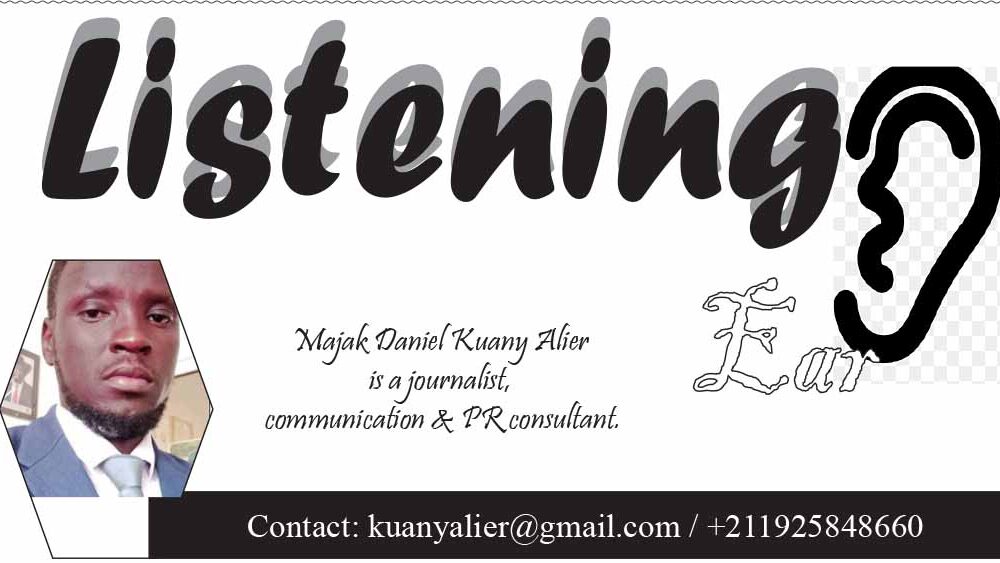The media sector of South Sudan exists in a state of weakness which corresponds to the country’s overall political and social challenges.
The combination of poor media literacy skills and political interference together with social splits creates an environment where false information and hate speech can easily spread. The need for ethical journalism and responsible reporting have to be employed to gain increasing recognition as a solution against these threats.
Traditional media in South Sudan works as both a unifying force and a divisive tool. Several media outlets work to advance peace journalism alongside fact-checking and conflict-sensitive reporting while others utilize their platforms to distribute inflammatory content. The main task is to establish ethical journalism as the dominant force against sensationalized reporting.
Traditional media serves as a fundamental element for fighting misinformation because digital literacy remains low in rural areas. Fact-checking alongside investigative reporting and community engagement enable radio, television, and newspapers to become reliable sources that refute false information found online. Digital platforms require partnerships with media organizations like Digital Rights Frontline (DRF) among others to demystify false narratives.
The main difficulty lies in preventing oversimplified explanations that depict conflicts through ethnic labels. Journalists need to investigate political power struggles and resource competition and historical grievances instead of turning entire communities into perpetrators. The strategies for successful reporting include using diverse sources and inclusive storytelling techniques and ethical language use.
Media functions as a social reflection but it also shapes what the future will become. To all my colleagues in the media fraternity in South Sudan, as your secretary general, I strongly urge us to opt for the path of peace construction instead of promoting division.
As I reiterated recently that the absence of a unified media narrative for peace and development in South Sudan has crippled media role in promoting unity, factual reporting, and conflict-sensitive journalism.
Therefore, we need a national media agenda to provide guidance to ethical journalism;
a) Today media outlets and practitioners are aligned to particular interest groups be it ethnic, or regional lines including political. The media space becomes a battleground for ethnic divisions, inflammatory rhetoric, and selective reporting. This is what is happening in our today’s media.
b) Social media is now being used to disseminate unregulated content, rumors including incitement to violence. This is not healthy for us as a country. We must prioritize the nation beyond anyone’s desires!
c) Despite UJOSS and other media entities’ efforts to enhance journalists’ capacities, there has been limited professional journalism training in areas of;
1). Conflict-sensitive Journalism.
2). Fact-checking
3). Ethical journalism
In absence of this consolidated gap, this has bred biased reporting in South Sudan despite our effort as a Union of Journalists of South Sudan.
d). Eroding of public mistrust in the Media. Today, citizens don’t believe so much in mainstream media due to both political and self-censorship. Due to this, public trust in the media is now declining, making citizens turn to unreliable sources, which further fuels misinformation and hate speech.
As a media professional, I believe having a national media agenda will strengthen the following.
(i) We need Fact-checking, ethical journalism in every media house newsroom to combat misinformation more than before. All the nations on earth have their country’s national agenda.
(ii) Conflict-sensitive journalism role can reduce hate speech and incitement
(iii) Media should remain natural as a means to build a robust public trust.
(iv) Media as a tool in promoting peacebuilding mechanisms to facilitate dialogue.
Fellow media practitioners, in absence of this agenda, we need not become a platform for championing division instead we MUST remain a tool for NATIONAL UNITY.




